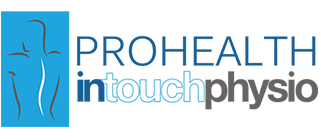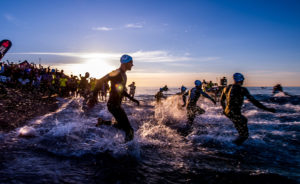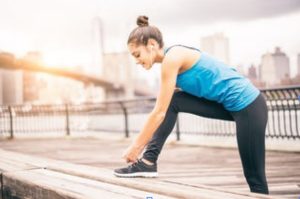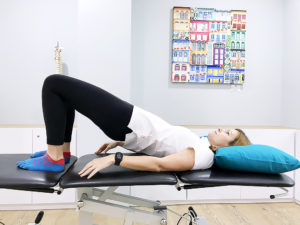You can’t go wrong by being strong!
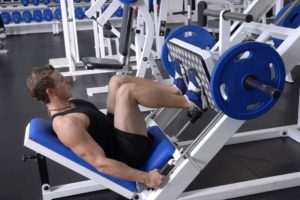 You may be a talented rugby player, a novice marathon runner, a coach to a high school badminton player, an elderly fitness enthusiast or a weekend warrior playing park football. Whatever example matches yours, statistically you’ve either been injured yourself or have had to coach an individual through an injury. Some of us may be incredibly skilled at our sport or dedicated to our fitness regimes but are constantly injured and therefore never get the chance to fulfill our sporting and fitness goals. Although injuries are never completely unavoidable there are clear, evidenced-based ways to reduce the risk.
You may be a talented rugby player, a novice marathon runner, a coach to a high school badminton player, an elderly fitness enthusiast or a weekend warrior playing park football. Whatever example matches yours, statistically you’ve either been injured yourself or have had to coach an individual through an injury. Some of us may be incredibly skilled at our sport or dedicated to our fitness regimes but are constantly injured and therefore never get the chance to fulfill our sporting and fitness goals. Although injuries are never completely unavoidable there are clear, evidenced-based ways to reduce the risk.
Written by Michael Bushell, Physiotherapist
